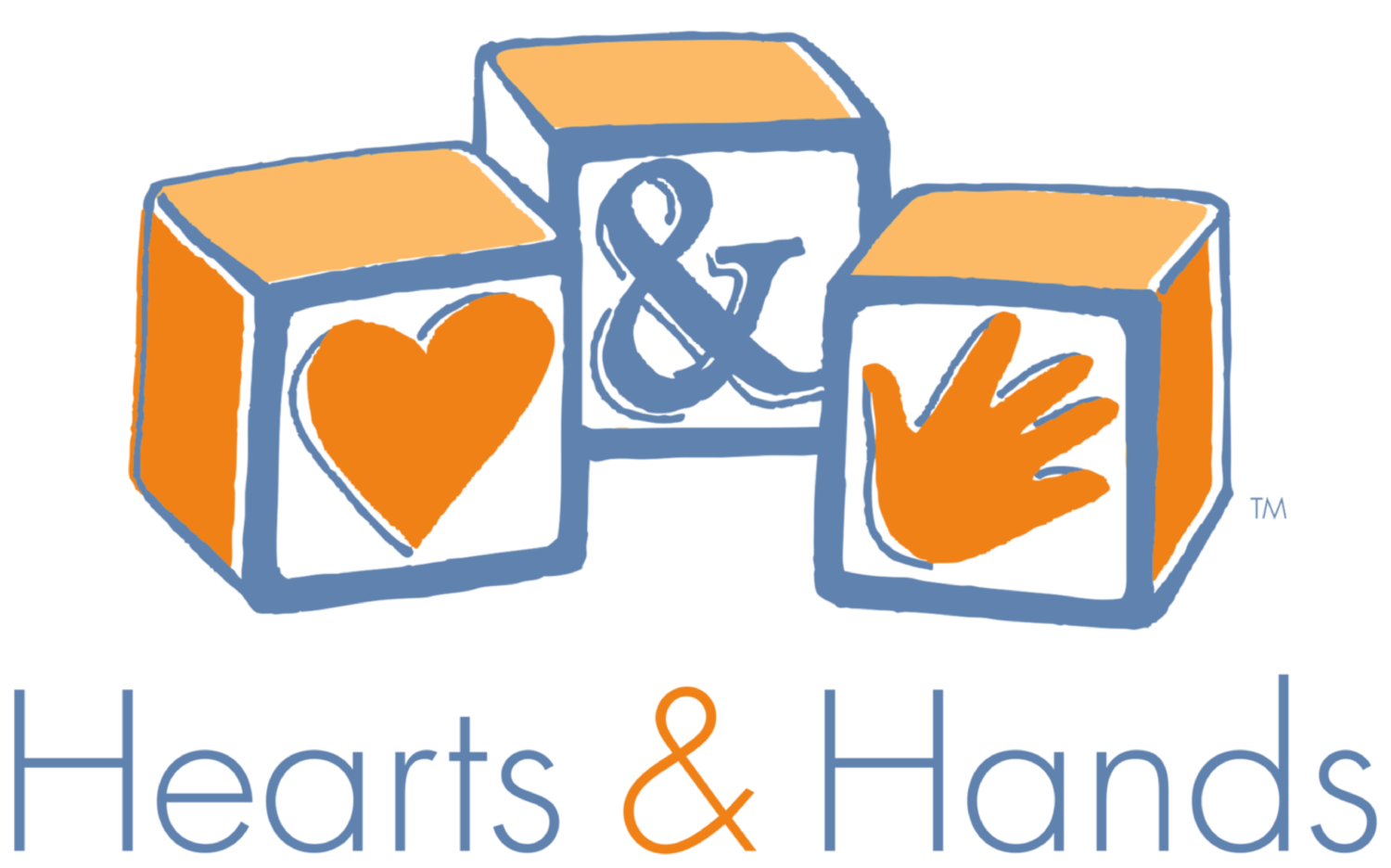
Curriculum Goals for Older 3 year olds.
Empowering Futures Through Thoughtful Education
At Hearts and Hands Preschool, our curriculum is designed with a singular goal:
To empower young minds for a future of success and fulfillment. We go beyond traditional education, fostering a love for learning, building character, and instilling a sense of curiosity. With a blend of academic excellence, creative exploration, and values-driven teachings, our curriculum is a roadmap for the holistic development of each child.
Basics:
Responds to being called by first & last name.
They begin to speak enough so that people other than their family and friends can understand them.
Feeds themselves using a fork or a spoon, eats finger food successfully, and drinks from a standard cup.
Potty trained, flushes the toilet, wipes themselves, and washes hands & face.
Asks the teacher to use the restroom when the urge arises.
They carry more of their belongings to and from school and put them in their proper place.
Is comfortable being away from parent or caregiver.
Is comfortable being at school with the teacher and other children.
Understands that in school, it is important to listen to the teacher.
Learning classroom schedule and routine.
Able to get their lunchbox, set out food to eat, and how to open & close lunch items.
Able to throw trash in the garbage.
Cleans up their messes, food, and toys.
Able to fix their bedding & mat for naps.
Social Skills:
Beginning to understand that other people have rights and feelings just as they do, and not to be egocentric.
Can sit quietly for at least 10 minutes.
Plays with a toy, concentrates on a task, listens to a story, and plays with others.
Plays peacefully with other children, begins to share, and can parallel play.
Learning how to use their words effectively before using their hands.
Beginning to play games, learn how to take turns, and learn to play with everyone in class.
Uses please and thank you when asking for something.
Asks for help when they need something.
Communicates verbally.
Able to stay on their mat calm and quiet.
Learning to respect others, treat others with kindness, and use their manners.
Language Development:
Beginning to use language effectively to express wants and needs.
Uses, please, and thank you.
Can speak in sentences using five words or more.
Beginning to hold conversations with peers and teachers.
Can recognize familiar sounds and begin rhyming.
Is asking a lot of questions, i.e., why, who, what, etc.
Enjoys sharing information and telling stories.
Academic Skills:
Uses crayons, pencils, markers, glue, paint, and scissors appropriately in class daily.
Can count at least to 20.
Learning letters, alphabet recognition, and phonetic awareness.
Learning number recognition 1-20.
Beginning to recognize the colors: red, orange, yellow, green, blue, purple, pink, black, brown, grey, & white.
Beginning to recognize first & last names written.
Learning how to write first name.
Look at a picture and tell you what it is, i.e., animals, shapes, colors, etc.
Can name five or more shapes.
Beginning to show logic and reason.
Motor Development:
Has more control over large motor skills by walking, running, hopping, climbing, skipping, jumping, and riding a bike.
Has more development in small motor skills by ripping paper, controlling a spoon or fork, feeding themselves, coloring, picking up objects, & using scissors.
Able to manipulate different-sized objects successfully.
Can get in line and follow the leader.
Science:
Exploring different areas of discovery in physical, biological, and environmental sciences.
Experimenting in different areas of discovery in physical, biological, and environmental sciences.
Processes and thinks about the world around them.
Questions were asked, observations made, & conclusions discovered about various topics and experiments.
Reasoning and problem-solving development.
Spiritual Development:
Listens to Bible truths in story format & responds to questions relating to Bible truth.
Recalls and retells Bible truth.
Remember key people from the Bible.
Learn to sing Bible songs relating to Bible truth.
Learning the memory verse from the Bible each week.
Knows God is the creator of all things.
Prays before meals, during circle, & for friends.
Learning about God’s love for us and that Jesus is His son.
Shows love to others by giving hugs, showing empathy, and using kind words.

